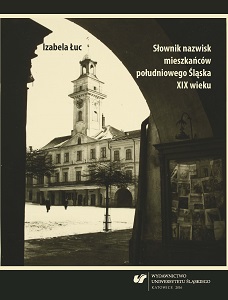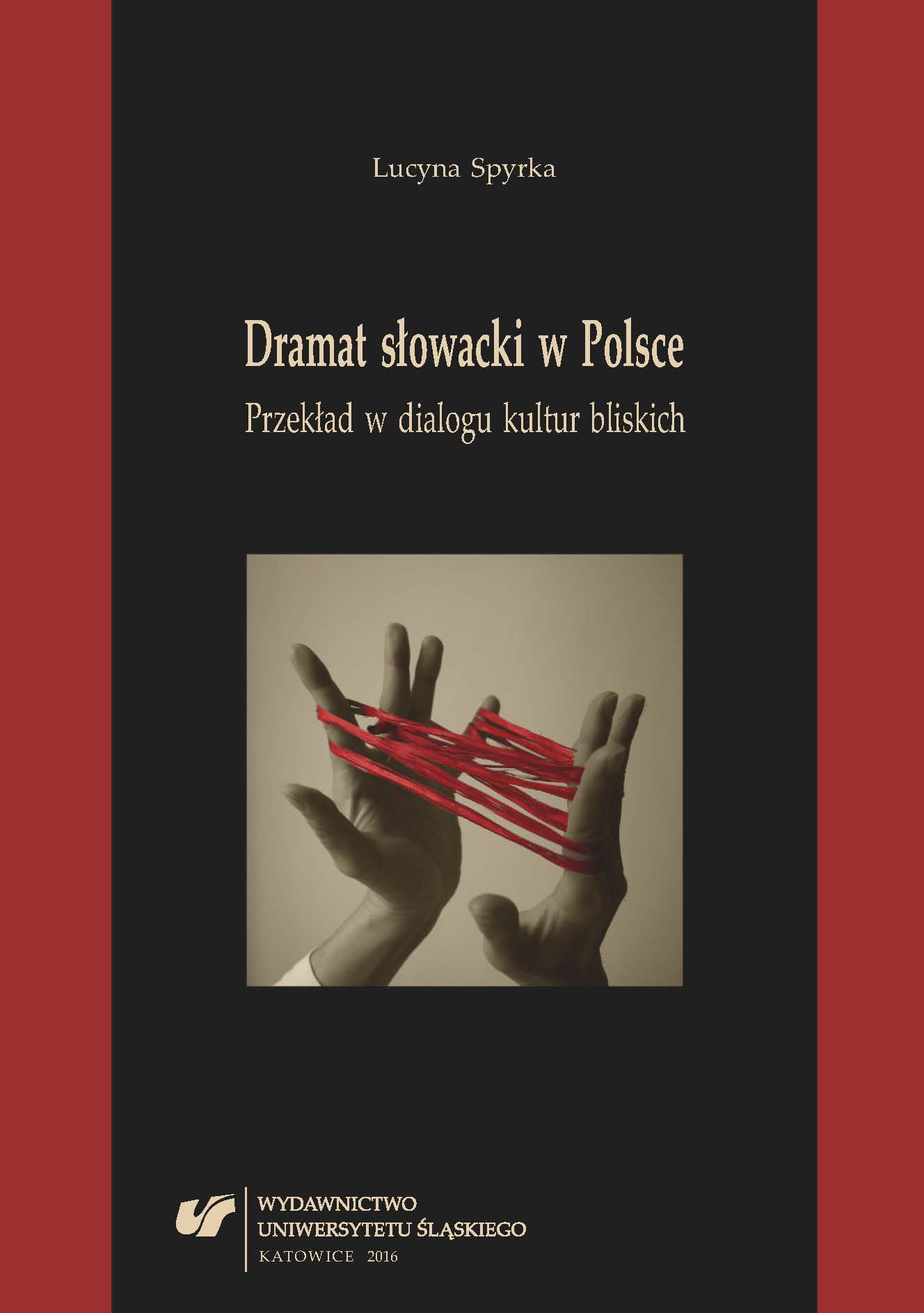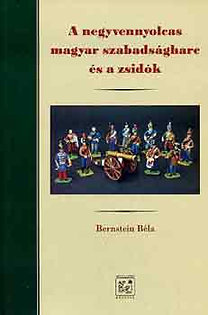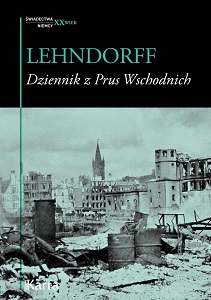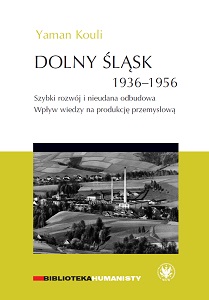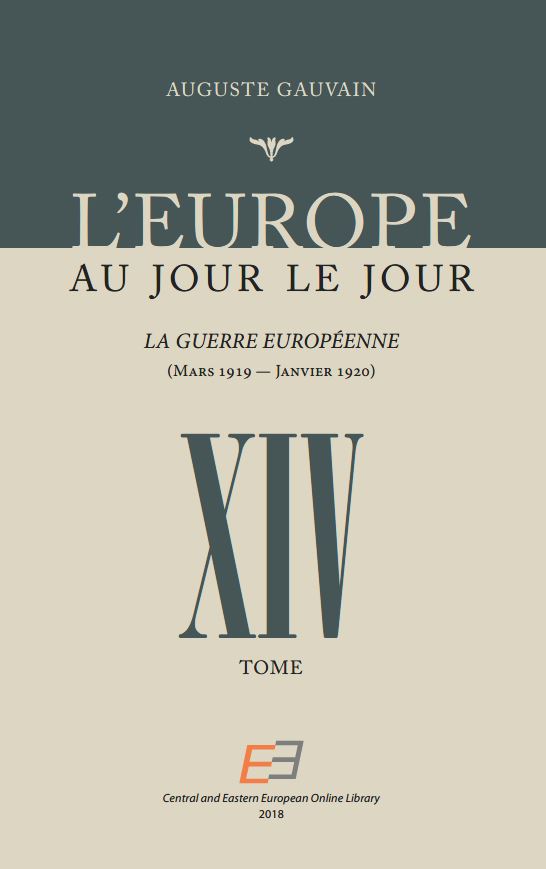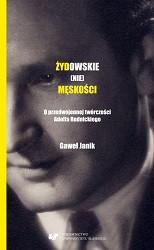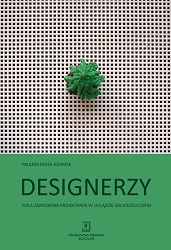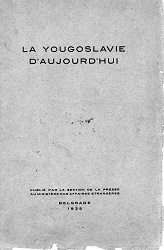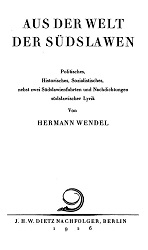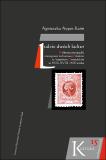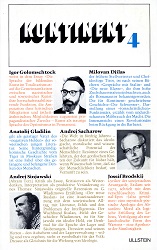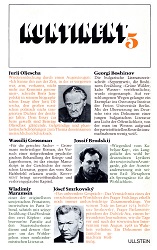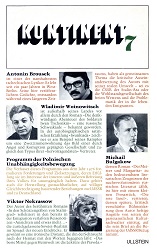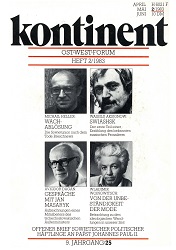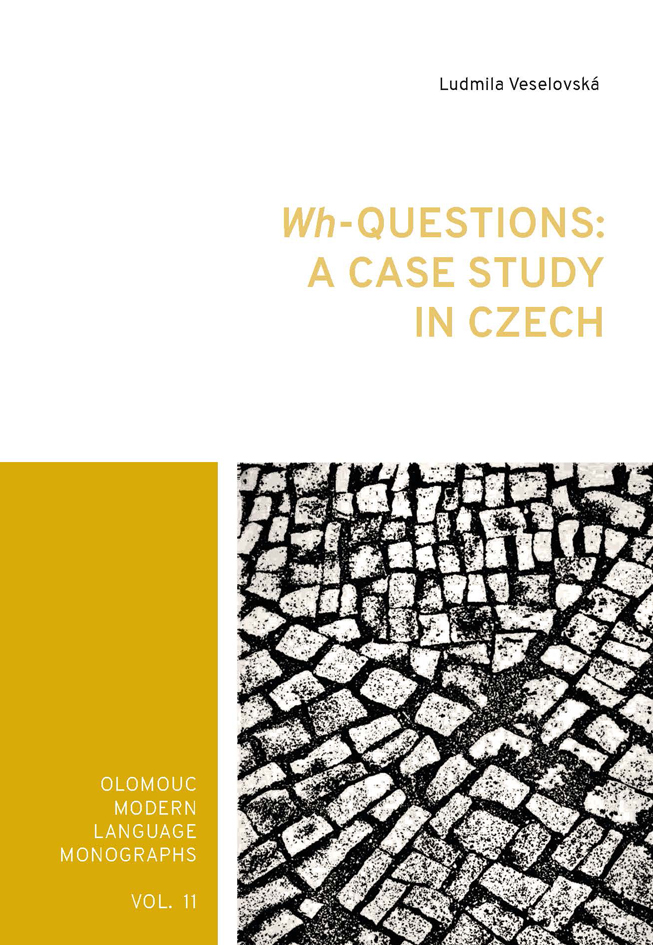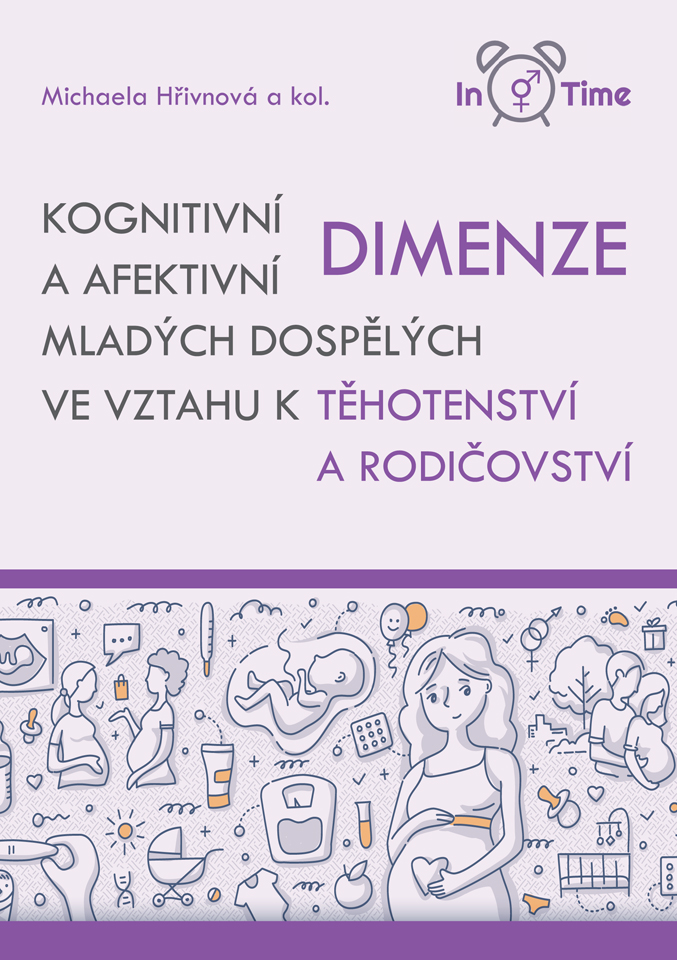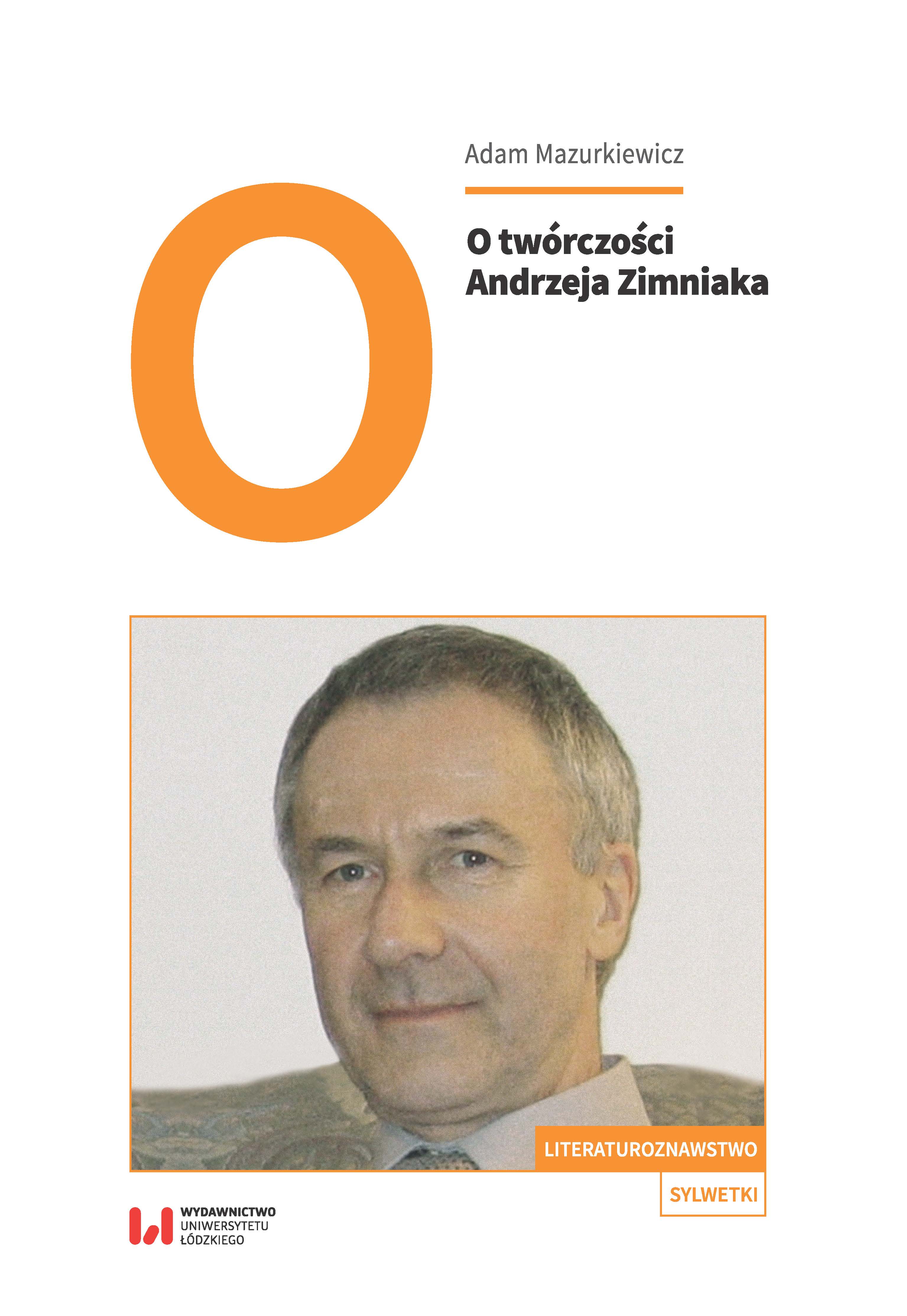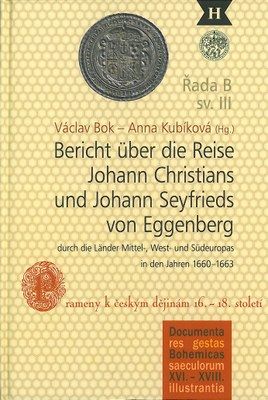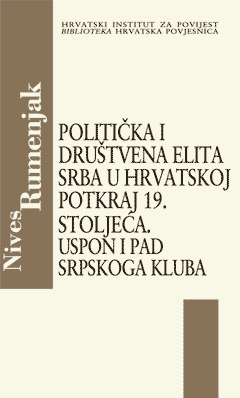
The Political and Social Elite of Serbs in Croatia at the End of the Nineteenth Century.
Politička i društvena elita Srba u Hrvatskoj potkraj 19. stoljeća
Keywords: Serbian club; People’s Party; Khuen’s People’s Party; Károly Khuen Héderváry; Croatian Military Border
This research deals with a historiographically common subject that, until now, did not have monographic coverage. Its subject are the members of the political, social and economic elite of Serbs assembled in the Serbian club within the Croatian Diet as the part of the ruling People’s Party at the time of viceroy (ban) Károly Khuen Héderváry (1883-1903). Insufficient research of this segment of the Serbian politics loyal to the government at the time it was becoming a significant factor in the system of Croatian agreement autonomy, primarily reflects the lack of both suitable primary and secondary sources, and the innovative methodological approaches that are caused by the scarceness of the basic resources on the subject. Comparative prosopography proved to be the optimal methodological tool in placing the research focus on a very narrow and biographically unknown elite group that was active in different spheres of Croatia proper (Banska Hrvatska) as well as in the wider regional frame of Transleithania (the state union between Croatia and Hungary) at the turn of the 20th century. Prosopography is an established method of political and social history that is used in the research of numerically identifiable (smaller) elite groups in a shorter time frame and it implies analysing a number of complementary serial sources by introducing standardized questions on the background and status of the members of the Serbian elite. The use of comparative prosopography has enabled detection of a deeper social and economical background of the political action and ideology of the Serbian club, as well as a broader circle of the Serbian elite in several social spheres Σ within the institutions of Hungarian- Croatian parliamentarism, in banks, savings banks and financial organizations in Croatia proper and within the institutions of Serbian church and school autonomy in Hungary and Croatia. Prosopography has not, until now, been used by other researchers for analysing the subjects from Croatian history, and therefore it was applied in creating the database on elite groups that lacks in Croatian historiography of the 19th and the 20th century, especially if it is taken into consideration that this was a period of systematic production of many suitable printed serial sources, especially public or state registers on administrative affairs and economy. The groundbreaking importance of this research, from the perspective of Serbian subject matter in historiography, is mostly reflected in the fact of (re)construction of the Serbian identity in quite a number of representatives in the Croatian Diet and especially those members in ruling structures of the financial organizations since most of the available Croatian and Serbian sources from that period either indirectly imply a possible Serbian nationality of the individuals in the researched groups and institutions or they are tacit on the subject. The book embarks upon analysing the subject that historiography so far has mostly dealt with in regards with the Serbian club within Khuen’s People’s Party.
More...
